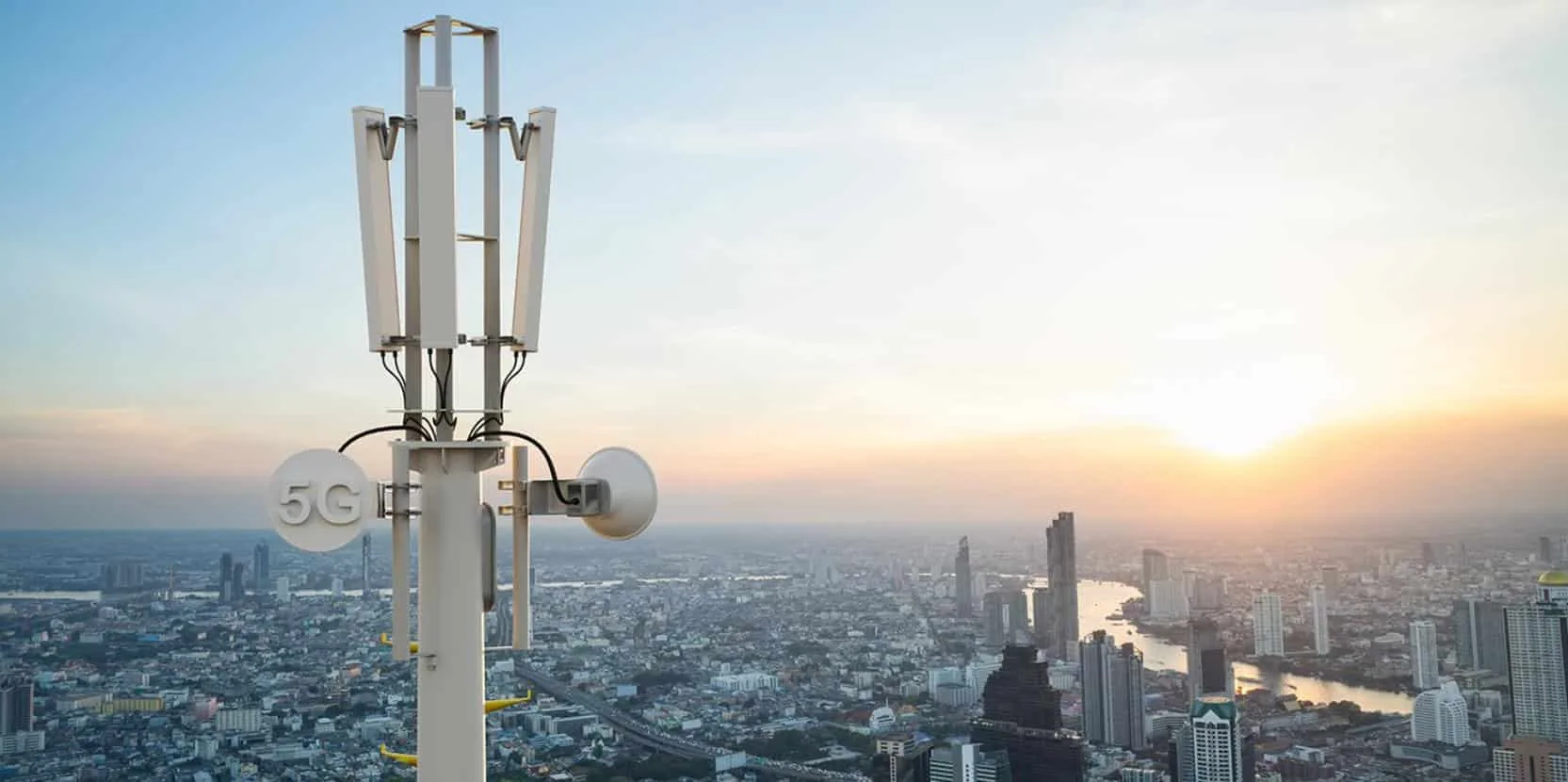Optus and Ericsson have unveiled the implementation of a unique, modern and energy-efficient radio access network (RAN) site at Optus’ Moorebank in Sydney, New South Wales aimed to reduce energy consumption by up to 25% by 2025
The two telco giants have devised a unique RAN solution that uses lightweight, state-of-the-art new generation radios and basebands
Subsequent to the initial depoloyment at the Moorebank site, Optus is now in the process of enhancing these sites across their network that will result in a reduction of energy utilisation leading to savings of around 40kWh daily when paired with energy-saving software programs.
The newly established RAN will also contribute to a more energy-effective way of setting up Australia’s most speedy 5G mobile network which will help Optus tackle issues connected with constructing additional 5G locations to meet the increasing requirements of customers in cities and rural areas of the country.
Lambo Kanagaratnam, Vice President, Networks at Optus says the new RAN we’ve deployed in collaboration with Ericsson plays a critical role in not only the sustainable growth of our 4G and 5G network, but also in contributing to our sustainability commitment to reduce our 2025 emissions by 25%.
“Innovations for energy efficiency remain imperative even while we progress towards our commitment of having 100% of our electricity requirements backed by renewable energy sources by the end of 2025.”
“Optus is committed to not only being Australia’s most loved everyday brand with lasting customer connections but delivering our services in a more energy-efficient way,”
“Through innovation like this, Optus seeks to improve customer experience and reduce our environmental footprint.” said Kanagaratnam.
Martin Wiktorin Head of Ericsson Global Customer Unit, Singtel, said, “At Ericsson, sustainability is integral to our business and has become a fundamental part of how we operate and innovate.”
“This new RAN deployment represents an important step toward our mission to be Net Zero across our value chain by 2040 and cut emissions by 50% in our portfolio in use and supply chain by 2030.”
“We are proud to have collaborated with Optus in creating a RAN solution that will continue to support the development of Australia’s sustainable future,” said Wiktorin
In 2022, Optus said it would cut its operational output of emissions by 25% by the year 2025 in order to help Australia and the world reach the target of maintaining global warming at no more than 1.5 °C by 2050.
Optus also committed to 100% of electricity requirements being backed by renewable energy sources by 2025.







